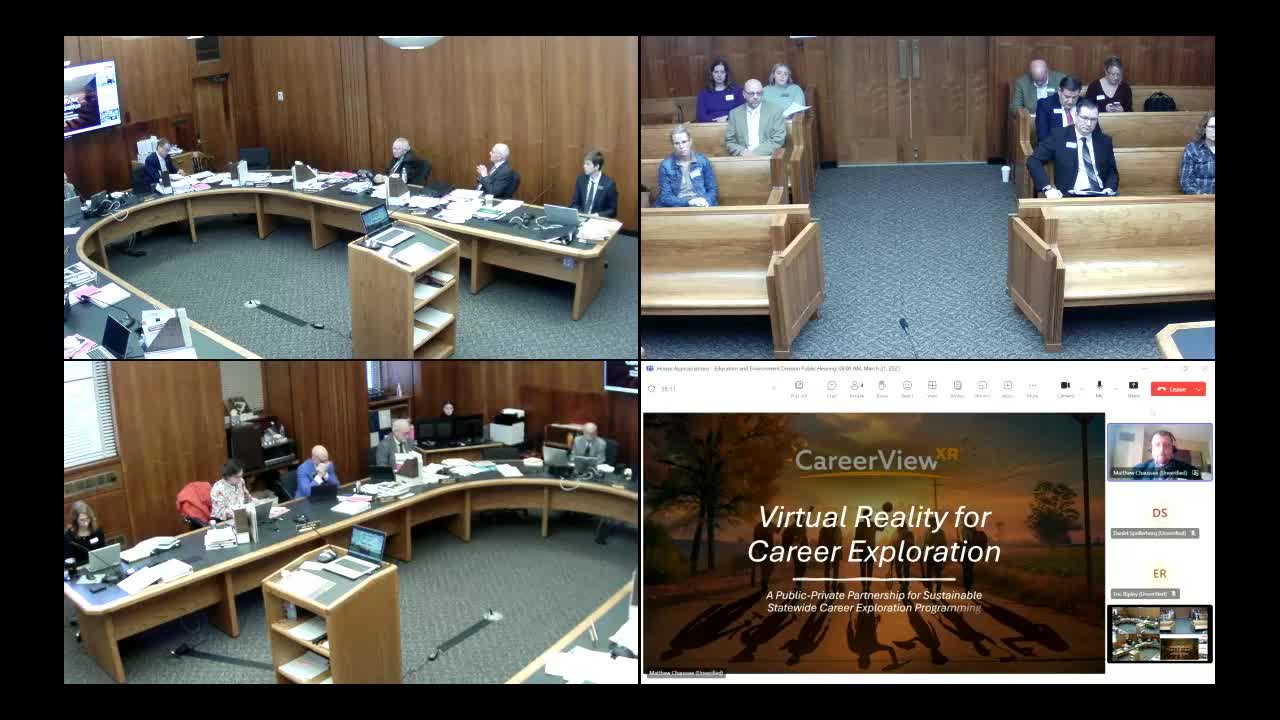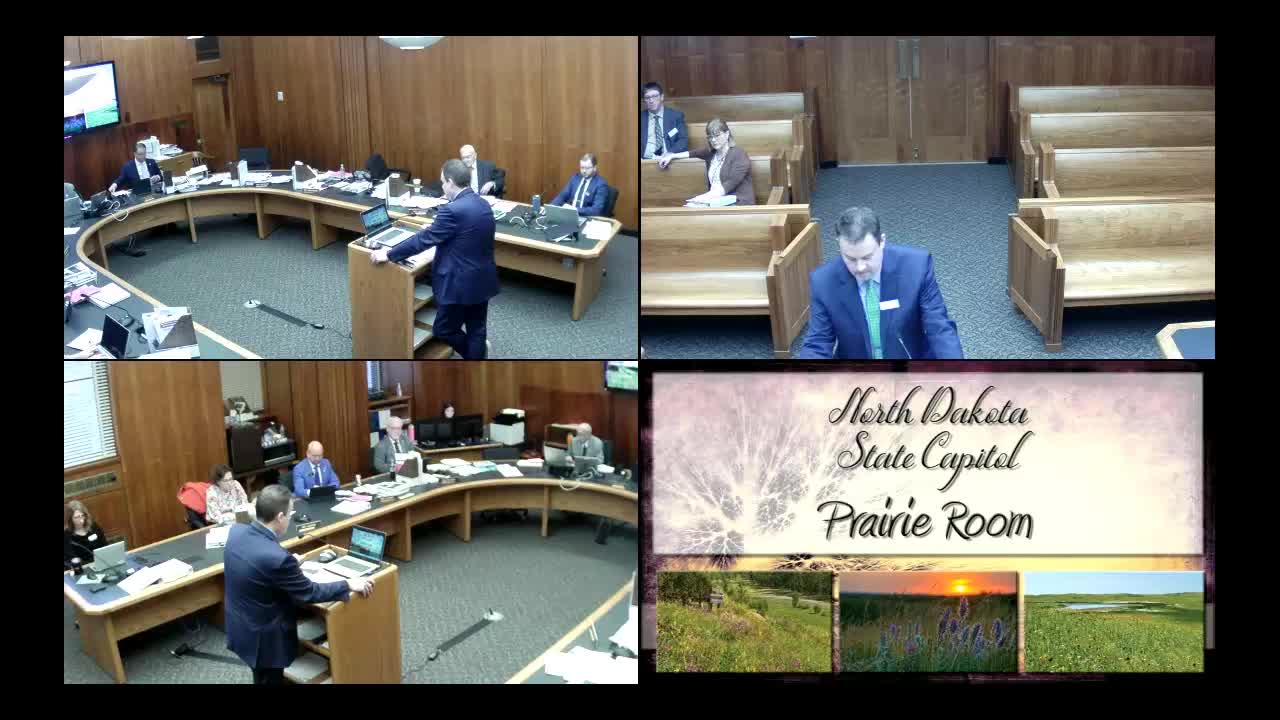Article not found
This article is no longer available. But don't worry—we've gathered other articles that discuss the same topic.

Appropriations committee reviews CTE budget, hears VR career-exploration pitch and funding requests

Higher-education IT leaders ask appropriations panel for $10M to prepare ERP systems for cloud transition

